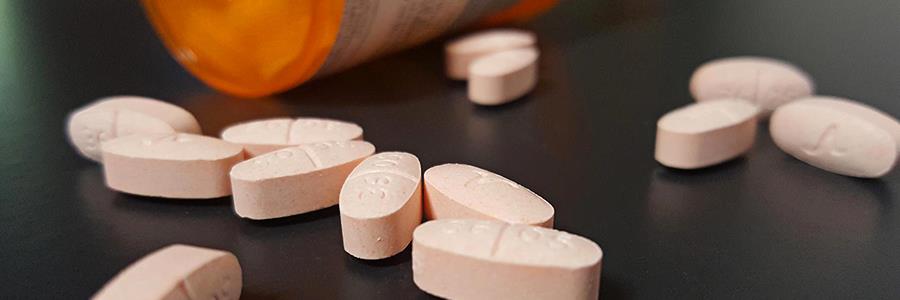The Government of Ukraine has committed to fund and expand access to opioid substitution therapy (OST) for over 10 000 patients at 178 health-care facilities in 2018. This represents a 100 fold increase in the number of OST patients in Ukraine since 2005.
OST is a globally recognized intervention to reduce injecting behaviours that put people who inject drugs at risk of contracting HIV and other blood-borne diseases, such as viral hepatitis. OST reduces opioid use, increases retention in HIV treatment and improves the well-being and social functioning of people who inject drugs, aiming at prevention of transmission of HIV. In 2018, the Ukrainian government takes over financial support of the OST programme from international donors, making it the largest of its kind in eastern Europe and central Asia.
“This marks an important milestone for public health in Ukraine”, comments Martin Donoghoe, Senior Adviser for TB, HIV and Hepatitis in the WHO Country Office in Ukraine. “WHO and partners have been working together with the government for many years to finally see OST accepted and financially supported. This shows that Ukraine is fully committed to respond to HIV.”
The continued success of the OST programme has been made possible by more than 12 years of work by international agencies including WHO and partners, international and domestic nongovernmental organizations, the Ministry of Health of Ukraine and health-care facilities in raising awareness, training staff, engaging patients, procuring and distributing medications to the regions, and protecting the rights of patients.
OST financing is not the sole achievement. Over 80 000 people have been put on antiretroviral therapy (ART) and a new protocol is in the pipeline moving Ukraine towards full optimization of HIV treatment. “With the recent approval of a Global Fund grant on treatment optimization for key populations this could be the turning point for the HIV response in Ukraine”, Donoghoe concludes.

“OST has saved my life”
The government’s announcement took place on 20 December 2017, at Kyiv City Narcological Hospital, which has the highest number of OST patients in Ukraine. Anton Basenko, one of the patients, tells his story.
“OST has saved my life. It has returned me to my family, I have married my girlfriend and we are planning to have children. Finally, OST has made me what I am, an employee of an international organization and a representative of the community of people who inject drugs and OST patients at the National Council to Fight Tuberculosis and HIV/AIDS”, Anton says.
“Every one of the over 10 000 patients on OST can tell their positive story”, continues Anton. “Yet we should not forget that all these lives were saved through the financial support of international donors. However, this funding cannot be provided forever, and without state support, all these people are doomed.”
He concludes: “Today, we are really happy that the government has decided to provide funds to procure OST medications for drug-dependent people. It is important that this procurement is stable and is accompanied by the psychosocial support we need”.
Original source: WHO
Published on 12 January 2018

